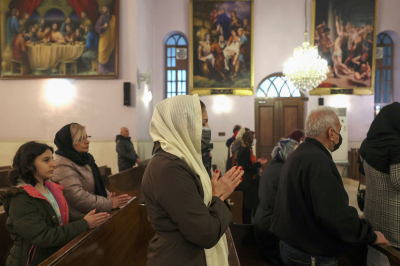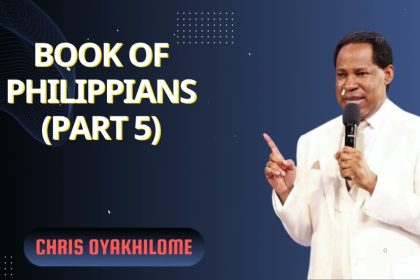
I’ve spoken to military historians. I’ve interviewed Israeli experts. I’ve followed headlines. But it wasn’t until I sat down with Lana Silk, CEO of Transform Iran, that I realized how profoundly the American Christian imagination has failed the people of Iran.
In our conversation, Silk didn’t talk about revival, quote numbers or share stories of dreams and visions. She exposed a spiritual truth: Iran’s regime is not simply political, it is apocalyptic, and it is willing to destroy its own people to advance its goals. The people of Iran are captives.
Ayatollah Khomeini once said, “Let this land burn if Islam spreads.” That was not hyperbole. This is a regime willing to trade millions of lives for theological dominance. As Lana reminded me, state media recently said half the Iranian population could be sacrificed if it preserved the power of the Supreme Leader.
That’s not propaganda. That’s doctrine.
And yet, Western Christians still see the Iranian people as a violent threat.
Toward the end of our interview, I asked Lana, “What is the one myth about the Iranian people that Western Christians need to repent of believing?” Her answer was sobering:
“The myth is that the Iranian people by and large are in support of their religion. That they are lovers of Islam and they support the activities of their government. That is absolutely false. The vast majority of Iranians are themselves victims of the actions of their government and want the regime to change … they are a suffering people, not an angry people.”
We don’t just need better foreign policy. Our government should improve that area of focus, but the church can do something even more. We can repent.
We’ve bought into the lie that Islamic country equals Islamic devotion, and that Middle Eastern people are militant. We’ve believed that the Iranian people, Muslim and Christian alike, are one with their government. And in doing so, we have made an entire nation invisible. Although there are elements of that which are true, we must be careful not to lump an entire group of people based on ethnic and religious stereotypes.
Meanwhile, the church in Iran is preparing. Transform Iran is working in and alongside the underground church, largely online and through satellite systems — avenues which are the most difficult for the regime to control. They’re creating discipleship networks, economic training and even plans for civic rebuilding.
They are not naïve. They know persecution doesn’t end overnight. But they are actively helping the Iranian people in both smart and wise ways to best spread the Gospel message and help the hurting, intercepting those searching for hope and ready to step in as a front-facing leader of faith if and when freedom comes to Iran. The real question for the Western Christian Church is: Are we ready?
Because if regime change comes, through internal collapse or outside force, and we have failed to invest in the people of Iran, we will have missed one of the greatest opportunities for Gospel partnership in modern history. Not through invasion. Not through globalist management. But through humble support, material aid, prayer and relationship.
We don’t need to romanticize Iran nor demonize the people. We need to repent.
And then we need to act.
The Iranian people are crying out. The church in the West must not be silent; we must support our brothers and sisters in Christ to help share the Gospel and shape a region.
Peter Demos is the author of On the Duty of Christian Civil Disobedience and the host of “Uncommon Sense in Current Times.” A Christian business leader from Tennessee, Demos uses his biblical perspective and insight gained from his own struggles to lead others to truth and authenticity in a broken world. To learn more, visit peterdemos.org.








